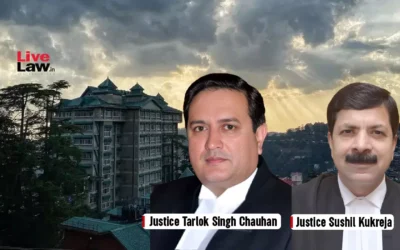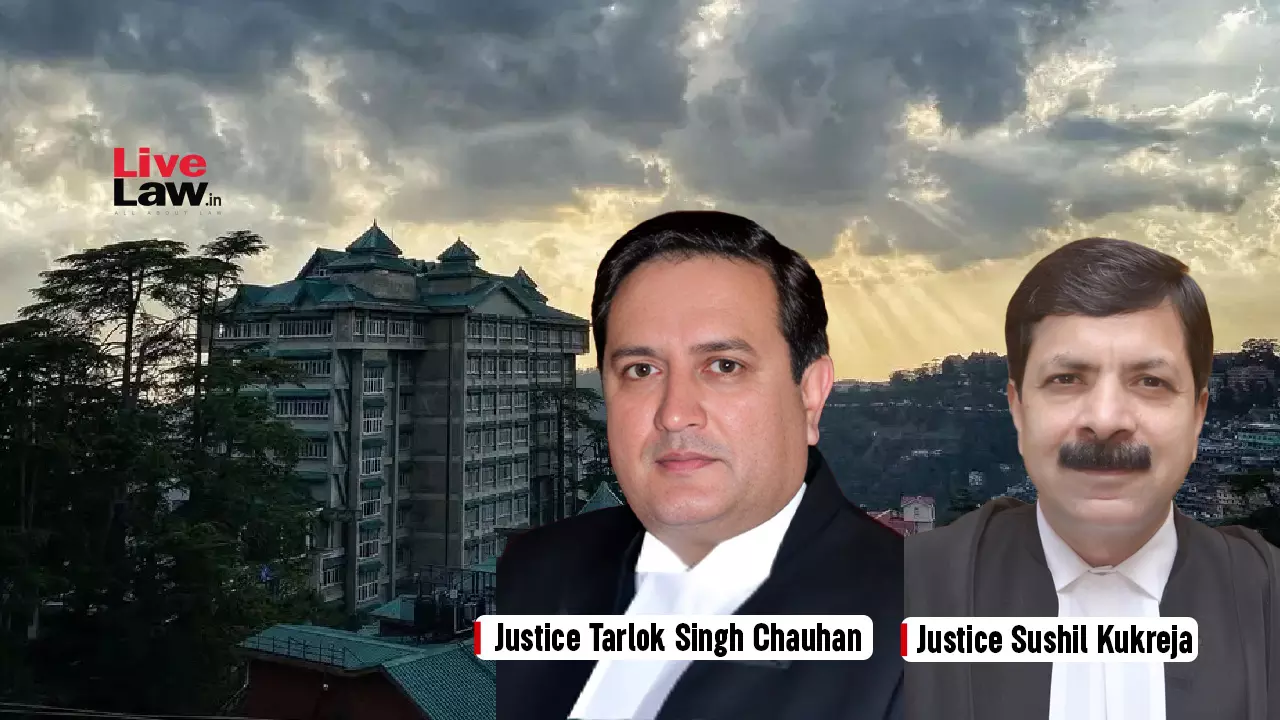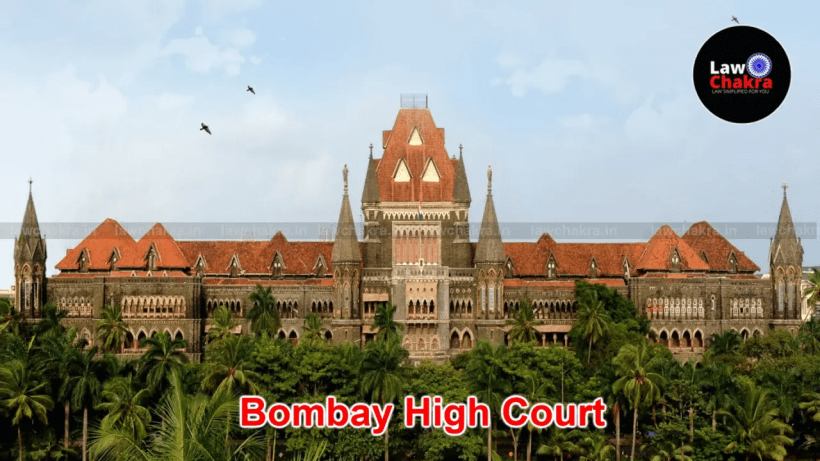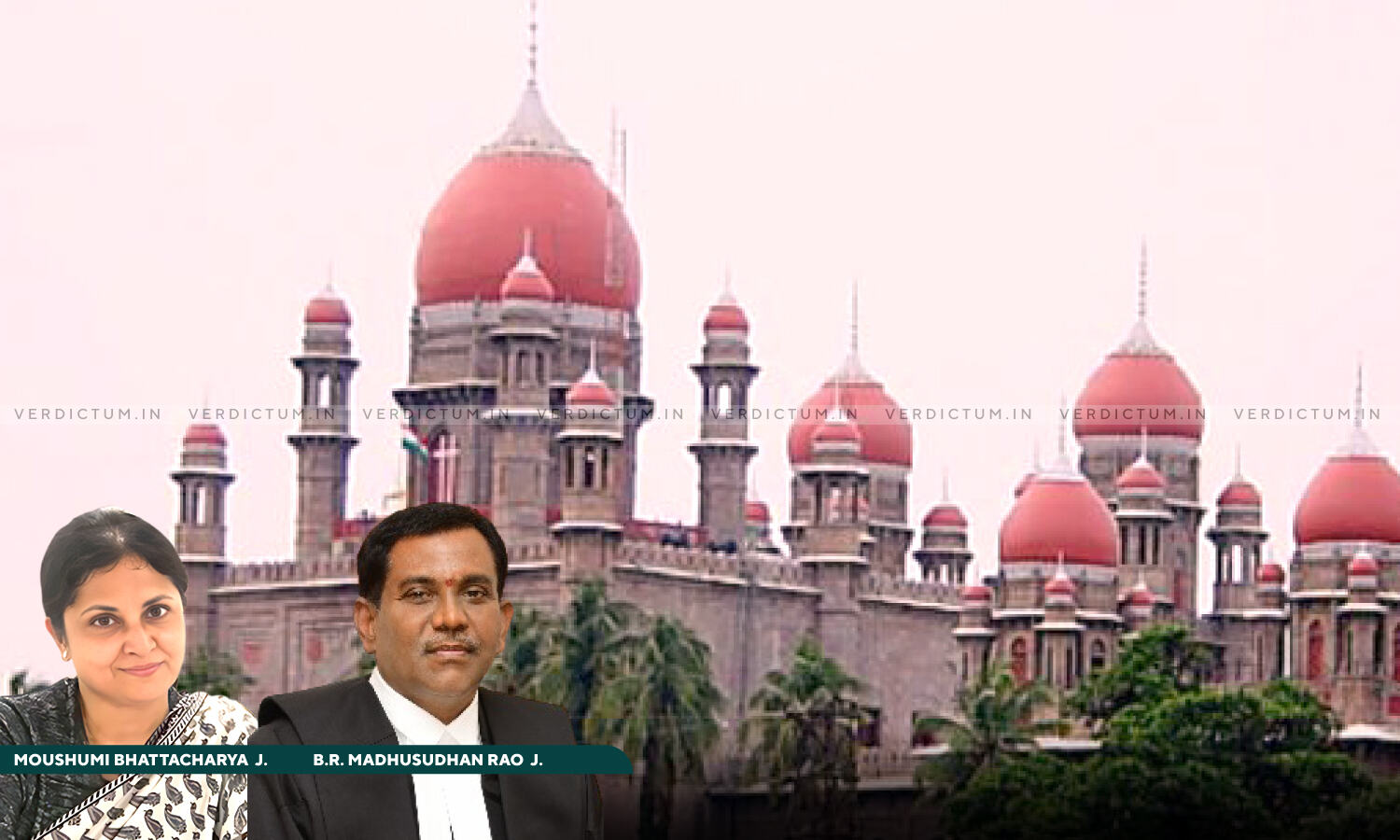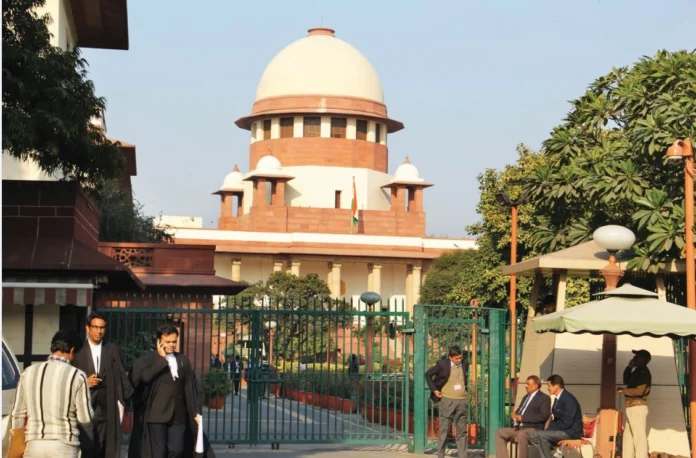Police Cannot Knock On Doors Of History Sheeters Under Guise Of Surveillance: Kerala High Court
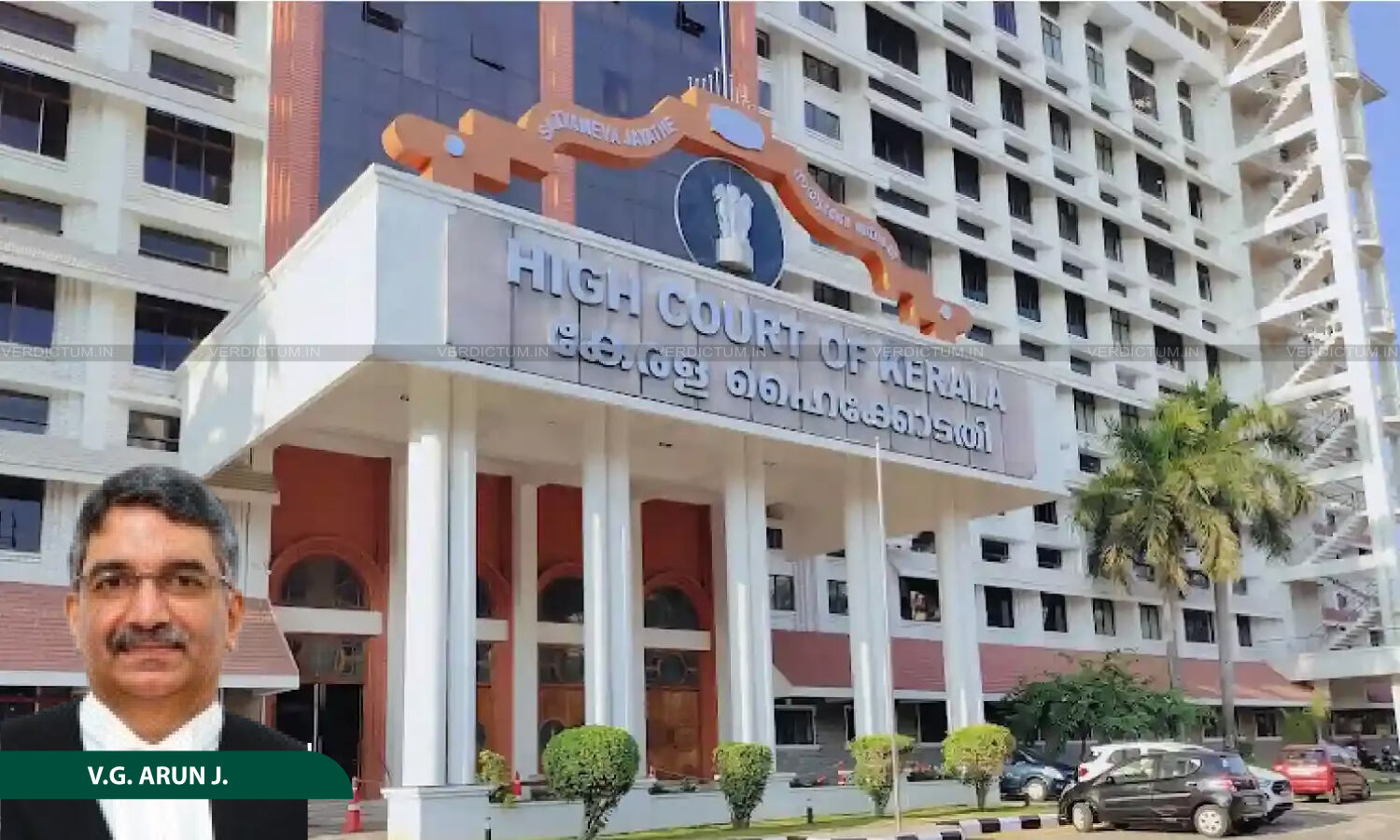
The Kerala High Court remarked that the police has no right to knock on the doors of suspected persons or history sheeters under the guise of surveillance.
The Court remarked thus in a Petition filed by an accused in a crime registered for the offence under Section 117(e) of the Kerala Police Act, 2011.
A Single Bench of Justice V.G. Arun observed, “It is thus beyond cavil that the police have no right to knock at the doors of suspected persons or history sheeters under the guise of surveillance. The officers should understand that the concept of home transcends its physical manifestation as a dwelling and encompasses a rich tapestry of existential, emotional and social dimensions. In other words, every man’s house is his castle or temple, the sanctity of which cannot be vilified by knocking on the door at odd hours. A person’s right to life encompasses the right to live with dignity and dignity is non-negotiable.”
Advocate Ashik K. Mohamed Ali represented the Petitioner while Sr. PP M.C. Ashi represented the Respondents.
Case Background
A crime was registered based on the report of the Sub-Inspector of Police, Thoppumpady stating that, on April 3, 2025, as part of night check duty on Rowdy History Sheeters, he along with police party had gone to the house of the Petitioner-accused, at about 01:30 am, to ascertain whether he is available at his house. After reaching the house, the police party asked him to open the door, but allegedly, he not only refused to abide by their direction, but abused and intimidated the police personnel, thereby preventing the officers from discharging their duty. As per the Petitioner, the police had framed him in a false PCOSO case, of which he got acquitted after a full-fledged trial. Alleging foul play in registering that case, the Petitioner approached the State Police Chief.
This led to animosity towards the Petitioner and the police allegedly started registering false cases against him, alleging violation of traffic rules and dangerous driving. While so, the Petitioner started receiving frequent phone calls from the police enquiring about his whereabouts. It was further alleged that the Petitioner received a call from the police on the said date by about 12:58 a.m., asking him to stand outside his house. In obedience of the direction, he stood outside his house for some time, but did not find anyone there. Later in the morning, he got another call asking him to report at the police station. It was also alleged that he was subjected to torture by the Sub Inspector without any reason. Hence, he filed the Writ Petition alleging police harassment, which was disposed of by directing the Principal Secretary, Home Department to enquire into the Complaint.
Reasoning
The High Court in the above context of the case, said, “… under the guise of surveillance, the police cannot knock on the doors or barge into the houses of history sheeters.”
The Court noted that as per Section 39 of the Kerala Police Act, all persons are bound to comply with the ‘lawful directions’ given by a police officer for the discharge of his functions under the Act.
The Court added that knocking on the doors of a history sheeter at midnight and demanding him to come out of the house cannot by any stretch of imagination be termed as a lawful direction.
“Consequently, the petitioner cannot be prosecuted for the offence under Section 117(e) of the Kerala Police Act, for refusing to abide by that direction. If, as alleged, the petitioner had used derogatory language or threatened the police during the course of such refusal, his action may invite some other offence, but definitely not the offence he is presently charged with”, it concluded.
Accordingly, the High Court allowed the Petition and quashed the FIR and all further proceedings against the accused.
Cause Title- Prasath C v. State of Kerala & Anr. (Neutral Citation: 2025:KER:44716)
Appearance:
Petitioner: Advocates Ashik K. Mohamed Ali, Muhammed Rifa P.M., Ehlas Haleema C.K., Salman Faris, and Gayathri Ashish Nair.
Respondents: Sr. PP M.C. Ashi

